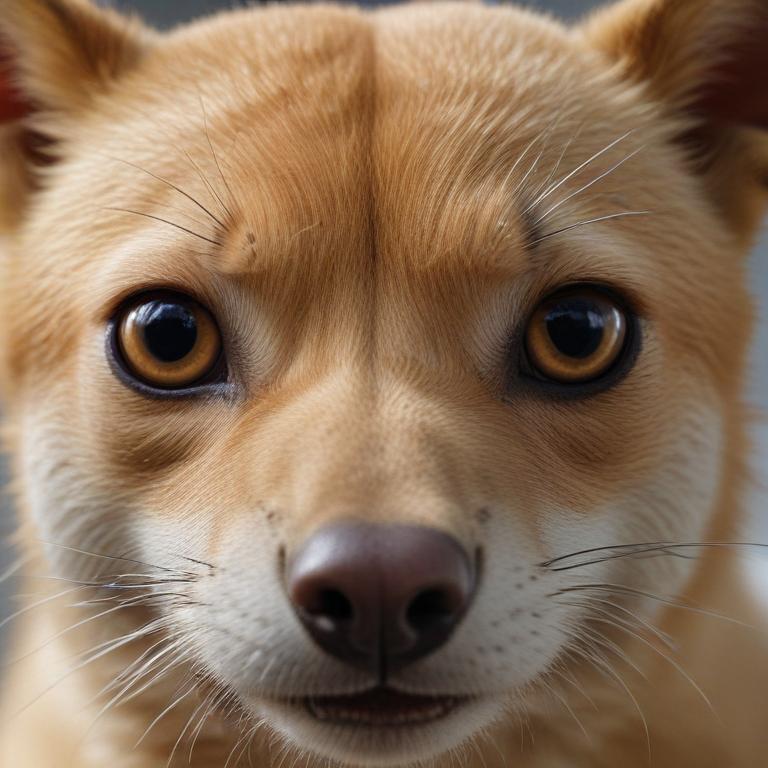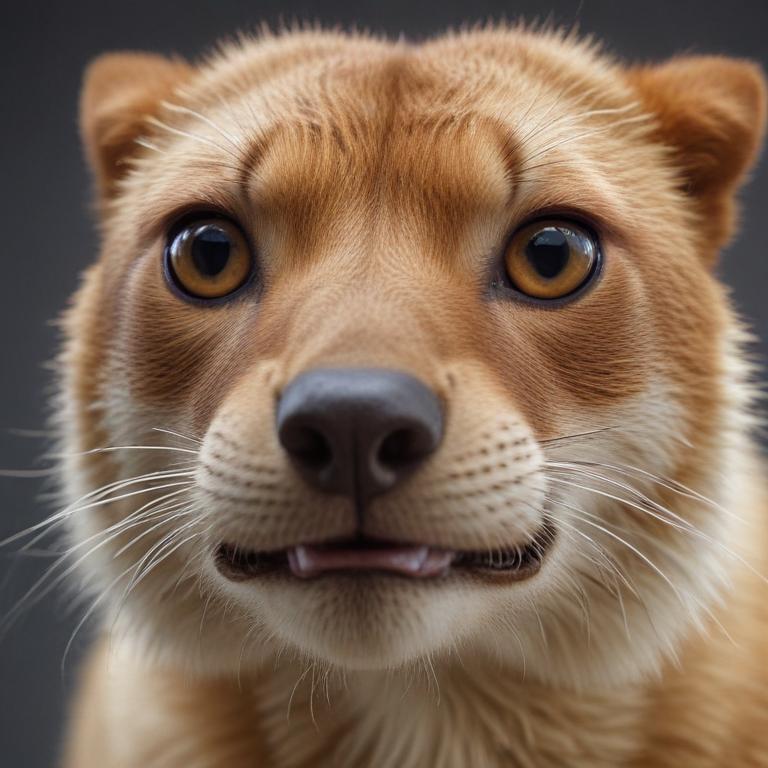发音 (Pronunciation):
IPA: /ˈænɪməl/
中文近似: 安尼某
中文意思与词性 (Meanings & Part of Speech):
- 动物,指地球上除人类外的生物或野生生物。 (n.)
- 兽性的人,比喻没有理性、凭本能行动的人。 ((待补充))
例句 (Examples):
1. The zoo has many different kinds of animals.
(动物园里有很多不同种类的动物。)
2. He acted like an animal when he got angry.
(他生气时表现得像个野兽一样。)
用法提示 (Usage Tip):
animal 多指“动物”,包括哺乳动物、鸟类、爬行类等,但不包括植物或微生物。在比喻意义上可指“没有理性的人”。注意不要用 animail、animel 等错误拼写。
更多关于 "animal" (More about "animal")
单词来源 (Etymology)
animal 来源于拉丁语 animalis,意为“有生命的、会呼吸的”,与拉丁词 anima(生命、呼吸、灵魂)有关。
词根词缀解析 (Root & Affix Analysis)
animal 是基础词,其中 an- 意为“有,具备”;-imal 与拉丁语 anima(生命、呼吸)有关,整体表示“有生命的生物”。
“animal”的字母与词根个性化解读
字母象形/引申义 (个性化参考)
- 字母 'a' 的象形或引申含义可能包括: 牛角 (象形: 牛头, 力量, 能力); 下面宽上面尖 (形状) -> 延伸, 远处, 高处, 方向, 指示。
- 字母 'n' 的象形或引申含义可能包括: 水 (M=N); 鼻音 (nose); 突出/生长/新生; 门 -> 否定 (no, not); 连接; 音变: N=M=L=R。
- 字母 'i' 的象形或引申含义可能包括: 我 (an, any, one -> 人); 水滴 -> 水 (ice); 尖, 一点, 小 (inch); 元音互换: A=E=I=O=U=W=Y。
- 字母 'm' 的象形或引申含义可能包括: 山 (象形) -> 高大, 连接; 手 (男人劳动); 命令; 凸起 (嘴); 思维; 水面波纹; 音变: M=N=L=R; M=B=P=F=V。
- 字母 'l' 的象形或引申含义可能包括: 拉长, 长 (line); 舌头 -> 说 (language); 细, 少; 音变: L=M=N=R。
词根/组合解读 (个性化参考)
- 单词中的片段 'al' (源自词根/组合 'al') — 含义: 在远处(印欧语); 生长, 成长; 后缀:形容词/名词; (来源提示: 印欧语 al=在远处; A(高远)+L(拉伸); 后缀).
学习提示:以上针对单词 animal 的字母和词根解读,主要基于提供的特定象形及词根资料。这些提示旨在启发联想,而非绝对定论。更通用的记忆规则和原则请参考首页。英语词源复杂多变,实际应用中请结合更全面的词源词典和语言学知识进行深入学习。
常用词组 (Common Phrases)
- animal kingdom: 动物界
- animal rights: 动物权利
其他语言 (Other Languages)
- 德语: Tier
- 法语: animal
字母整体创意联想
animal 这个单词左右对称,a和l像两只站立的动物,中间的n、i、m就像躯干和四肢,整体恰似四条腿的动物侧影。
逐字母创意解读
中文谐音助记
“animal 安尼某”:记成“安妮(一个人名)牵着某只小动物”,联想“安妮某动物”。
相关电影/名言
"We're animals, that's all."
(我们不过是动物,仅此而已。)
- 《十二怒汉》(1957)
趣味知识/故事
英文单词 animal 最初与“呼吸”有关,古代人认为动物之所以有生命,是因为它们会呼吸、动起来,所以在拉丁语中和“灵魂”同源。现代psychoanalyst弗洛伊德也用“animal instinct(动物本能)”来描述人类潜藏的本能冲动。
拓展信息
animal 通常指除人类以外的所有动物,包括哺乳类、鸟类、昆虫、两栖类等。
日常表达中,它有时也用作形容词,如“animal behavior”(动物行为),不过正式场合常用 animal 作为名词。
需要区分“animal”与“beast”。animal 中性或科学用语,而 beast 常指大型、野蛮或令人害怕的动物,也有侮辱意味。
在俚语或日常中,如果说某人是“an animal”,常含有“粗野”、“不可理喻”的含义。
网络参考 (More about "animal" from the Web)
Animal - Wikipedia
Learn about the biological kingdom Animalia, which includes multicellular, eukaryotic organisms with complex ecologies and interactions. Explore the diversity, history and cultural significance of animals, from the smallest to the largest, from the simplest to the most complex.
Animal Encyclopedia With Facts, Pictures, Definitions, and More!
Reptiles. Lizards, dinosaurs, crocodiles, turtles, and snakes - all belong to that ancient and stout class of animals known as the reptiles.This is a diverse group with more than 10,000 different species and a huge representation in the fossil record. Once the dominant land vertebrates on the planet, reptiles still occupy just about every single ecosystem outside of the extreme north and south.
Animal | Definition, Types, & Facts | Britannica
animal, (kingdom Animalia), any of a group of multicellular eukaryotic organisms (i.e., as distinct from bacteria, their deoxyribonucleic acid, or DNA, is contained in a membrane-bound nucleus).They are thought to have evolved independently from the unicellular eukaryotes. Animals differ from members of the two other kingdoms of multicellular eukaryotes, the plants (Plantae) and the fungi ...
更多图片 (animal More Images)

